All Stories
-
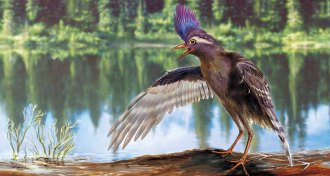 Paleontology
Paleontology12 amazing fossil finds of 2015
From an ancient sponge ancestor to the Carolina Butcher, scientists learned a lot about life on Earth this year.
By Meghan Rosen -
 Psychology
PsychologyAs suicide rates rise, researchers separate thoughts from actions
Advances in suicide research and treatment may depend on separating thoughts from acts.
By Bruce Bower -
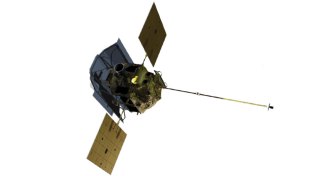 Astronomy
AstronomyAstronomical milestones of 2015
The New Horizons mission to Pluto was the No. 1 science story of the year. Here some other notable space missions.
-
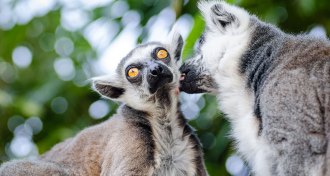 Animals
AnimalsLemurs chat only with their best friends
Ring-tailed lemurs maintain friendships built with grooming by calling to each other, a new study finds.
-
 Science & Society
Science & SocietyScience puzzles no longer so puzzling
This year, researchers solved the riddle of mysterious radio bursts, the Erdös discrepancy problem and an elusive acid.
-
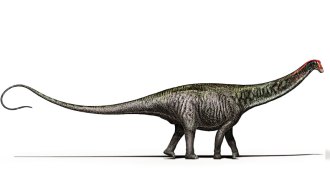 Science & Society
Science & SocietyThese truisms proved false in 2015
Don’t always believe what you hear. These truisms turned out to be false in 2015.
-
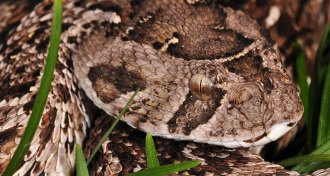 Animals
AnimalsPuff adders appear ‘invisible’ to noses
The snakey scent of puff adders proves difficult for even sensitive animal noses to detect.
By Susan Milius -
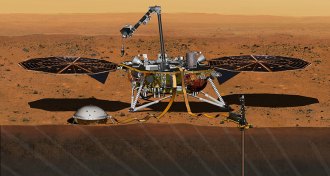 Planetary Science
Planetary ScienceEquipment failure delays Mars mission
A leaky instrument will push back launch of the Mars InSight lander by at least two years.
By Andrew Grant -
 Astronomy
AstronomyEquipment failure pushes back Mars lander mission
The launch of the Mars InSight lander is suspended until at least 2018 because of a faulty seismometer.
By Andrew Grant -
 Science & Society
Science & SocietyHow seeing ‘Star Wars’ satisfies your narcissistic tendencies
Participating in geek culture allows self-identified geeks to satisfy a narcissistic need for expert status, a new study hypothesizes.
-
 Astronomy
AstronomyNew recipe found for making supermassive black hole
The universe’s first supermassive black holes may have formed directly from gas in colliding galaxies, new simulations suggest.
By Andrew Grant -
 Health & Medicine
Health & MedicineGene behavior distinguishes viral from bacterial infections
Researchers have identified signatures of viral infection, a distinction that may help doctors tell whether bacteria or a virus is causing trouble.